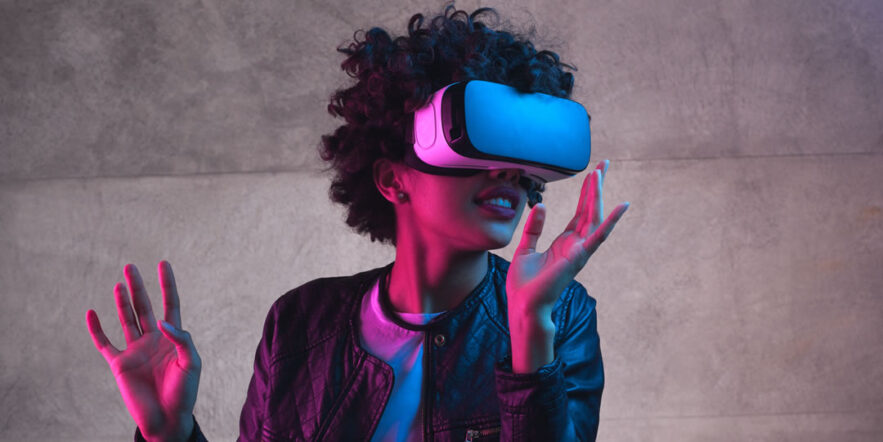Some Americans suffer from a depression that keeps them from feeling any pleasure, called anhedonia. Can virtual reality help them? Stat News reports on research testing this proposition.
Many of us feel thrills and joy from flying down a ski slope, snorkeling in coral reefs, watching a football game or simply taking a walk in the park. At the University of California, Los Angeles, Michelle Craske is testing whether exposure to these types of thrills through virtual reality can help people with anhedonia to appreciate the good things in life and feel pleasure.
Craske calls the treatment positive affect therapy. After exposing a person to a pleasurable experience through virtual reality, she talks to the patient about the experience in extreme detail. She might talk to a person about the sights, sounds, physical and emotional responses and much more. Some of her patients say they feel less depressed. Their mood improves.
What’s particularly interesting about Craske’s approach is that it focuses on helping patients engage in positive activities in order to feel pleasure. Traditional treatment for depression focus on negative symptoms like depression, anxiety and sadness. But, both focus on helping patients change the way they feel and behave.
The jury’s out as to whether virtual reality can really help. But, there’s lots of research for depression underway. And, there’s some evidence that virtual reality can ease social anxiety and some phobias.
This article was first published on JustCareUSA.org.







